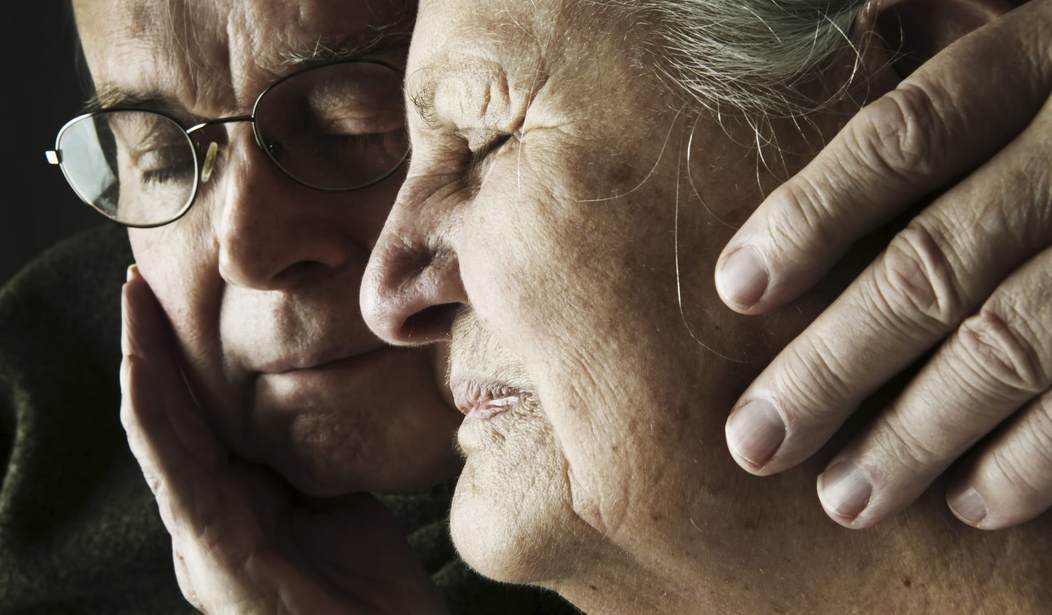I was only a teenager when my dad and his sister were caring for their mom and dad, my grandparents, both of whom were suffering from Alzheimer’s. While not fully grasping the gravity of the disease, I was still aware that something terrible was taking place. So it was with great interest that I read a new report from MIT Technology Review about how Artificial Intelligence is being used to help combat the awful disease of Alzheimer’s.
The first obstacle to dealing with Alzheimer’s is how little we know about the disease. For example, did you know that from 2002 to 2012, “99 percent of investigational Alzheimer’s drugs failed in clinical trials”?
I was unaware of that depressing fact. MIT Technology Review goes to explain, “One reason is that no one knows exactly what causes the disease. But another reason is that it is difficult to identify the patients most likely to benefit from specific drugs.”
And this is where A.I. is beginning to step into the breach.
MIT Technology Review details a new exciting use of A.I. in the fight against Alzheimer’s. “It’s not always obvious when patients are in the early stages of the disease,” the article explains. “Alterations in the brain can cause subtle changes in behavior and sleep patterns years before people start experiencing confusion and memory loss. Researchers think artificial intelligence could recognize these changes early and identify patients at risk of developing the most severe forms of the disease.”
The report continues: “Spotting the first indications of Alzheimer’s years before any obvious symptoms come on could help pinpoint people most likely to benefit from experimental drugs and allow family members to plan for eventual care. Devices equipped with such algorithms could be installed in people’s homes or in long-term care facilities to monitor those at risk. For patients who already have a diagnosis, such technology could help doctors make adjustments in their care.”
The team of Ipsit Vahia and Dina Katabi first developed a tracking device to aid caregivers in monitoring when patients fall. As time went on, they realized that their tracking device may be able to be adapted for more uses. “If it could pick up on a fall, they thought, it must also be able to recognize other movements, like pacing and wandering, which can be signs of Alzheimer’s.”
Data about the patient is collected via a white box that hangs inconspicuously on the wall. The machine detects every movement, including breathing, and registers it. The report explains that “Katabi and her team developed machine-learning algorithms that analyze all these minute reflections. They trained the system to recognize simple motions like walking and falling, and more complex movements like those associated with sleep disturbances. ‘As you teach it more and more, the machine learns, and the next time it sees a pattern, even if it’s too complex for a human to abstract that pattern, the machine recognizes that pattern,’ Katabi says.”
Further, “Over time, the device creates large readouts of data that show patterns of behavior. The AI is designed to pick out deviations from those patterns that might signify things like agitation, depression, and sleep disturbances. It could also pick up whether a person is repeating certain behaviors during the day. These are all classic symptoms of Alzheimer’s.”
The patterns that the device can pick up and track will enable researchers to better understand the symptoms of Alzheimer’s. In turn, better diagnoses will provide the opportunity to study the disease at an early stage. In doing so, researchers will be enabled in developing medicine to combat the terrible disease.
For anyone who has watched a loved one suffer from the dreadful disease of Alzheimer’s, this new report from MIT Technology Review will be met with cheers.









Join the conversation as a VIP Member